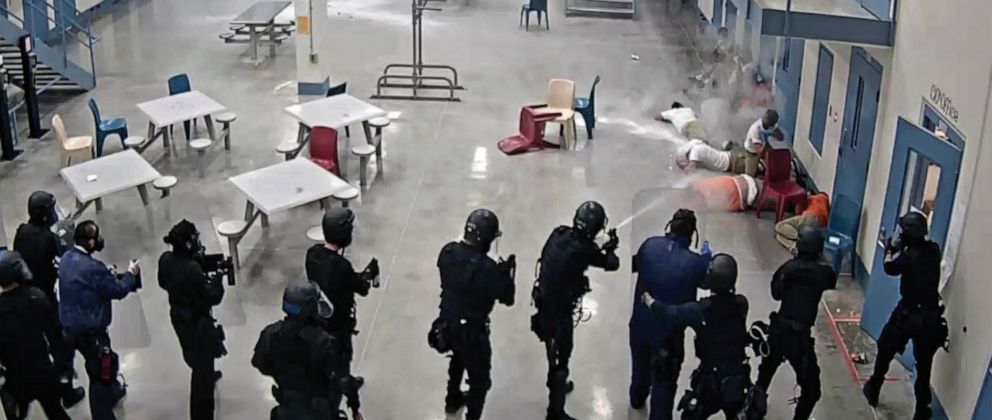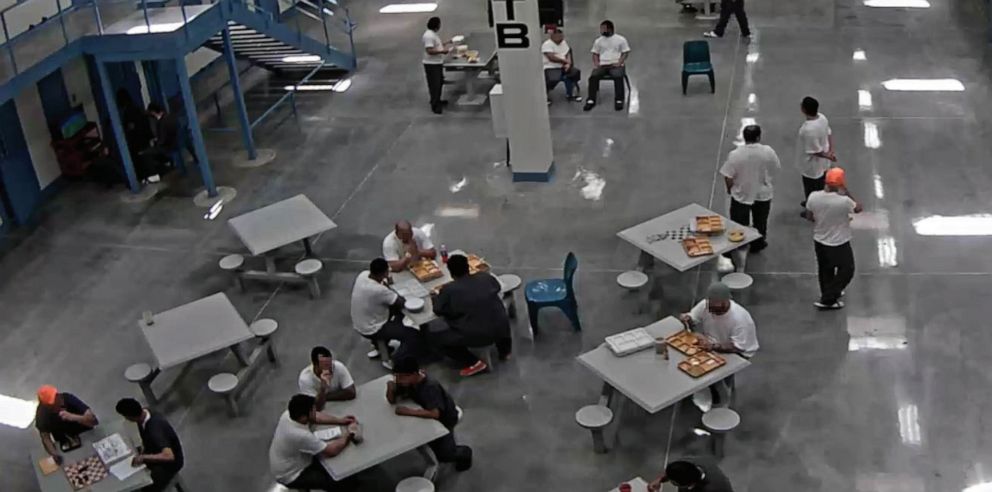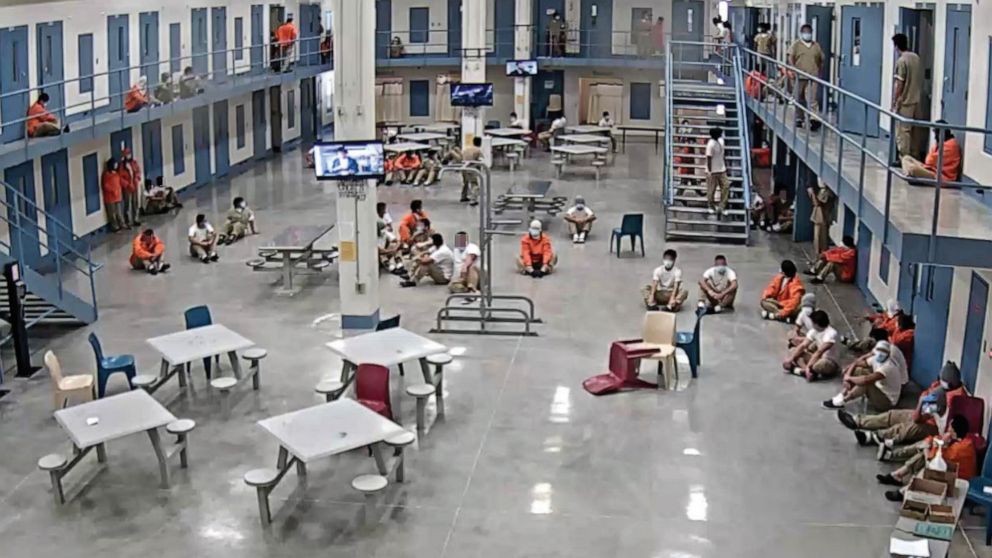ICE officers alleged to have used 'excessive' force, verbally abused detainees: Report
An Immigration and Customs Enforcement detention center in Eloy, Arizona, was in violation of multiple detention standards that put the health and safety of detainees at risk, according to a new federal watchdog report.
The Department of Homeland Security Office of Inspector General's report includes allegations by detainees that officers at the La Palma Correctional Center used excessive force and findings that some verbally abused detainees.

Officials fired pepper spray at detainees and deployed chemical agents from the ceiling in order to stop a peaceful protest by detainees in April 2020, according to the report. While detainees describe this use of force as "excessive," the report states that federal detention guidelines may not have been violated since they don't specify how ICE officers should respond to civil disobedience.
An ICE official said the report's claims about detention standards were "unsubstantiated."
"ICE leadership is concerned that several findings in the report rely on uncorroborated allegations by detainees, such as when it appears that the audit team did not interview ICE or the contracting facility representatives," the official wrote in a letter to the inspector general.

In a separate incident, a guard ridiculed a detainee with "profane and abusive language," according to the report. Another officer allegedly used a racial slur directed at a detainee, threatened to use pepper spray on him and terminated his phone call with family.
The report also found that protocols to stem the spread of COVID-19 were not enforced at the facility and some detainees did not receive masks despite a coronavirus outbreak in August of last year. There have been 767 coronavirus cases at the facility and currently 75 detainees are being isolated or monitored, according to ICE data.
Detainees also faced delays in receiving care and two detainees out of a sample of cases that were investigated, waited 12 and 14 days before receiving treatment for fever, the report found.
The wide-ranging evaluation also included a review of the facility's medical unit, which investigators found to be "critically understaffed." Vacant positions in the mental health department were left unfilled for more than a year in some cases while the nursing department had 11 vacancies. In total, 21 of the 72 positions in the medical unit were unfilled at the time of the review, according to the report.

"The vacancies hinder the medical department's ability to provide care to the detained population," the report's authors wrote.
In response to the staffing concerns raised by the watchdog report, facility managers pointed to the reduced population of the facility as the reason behind the vacancies. The average daily population of the facility at the time of the review was 1,542 while its maximum capacity is 2,340, which is why management said medical positions did not need to be fully staffed.



